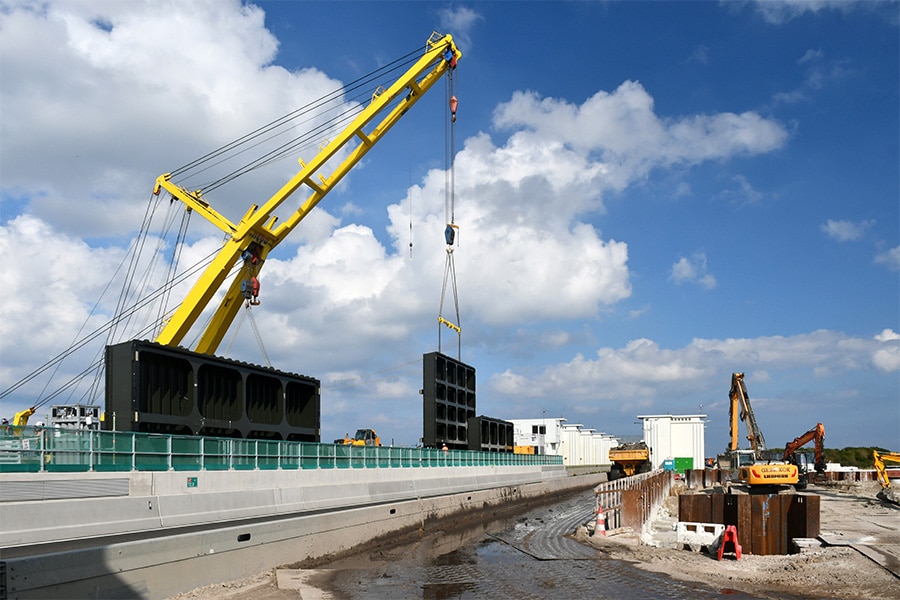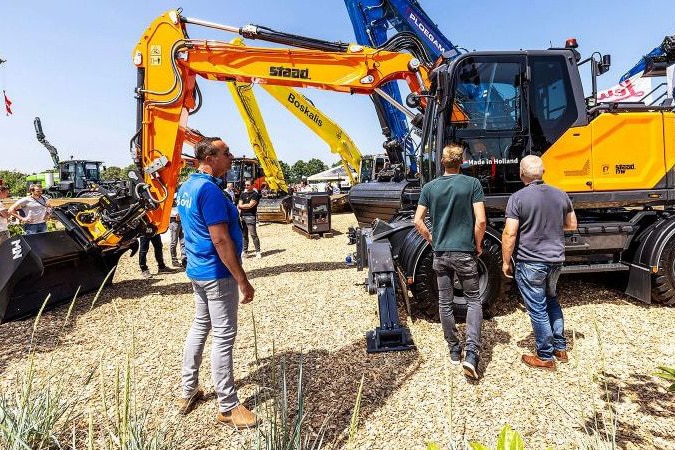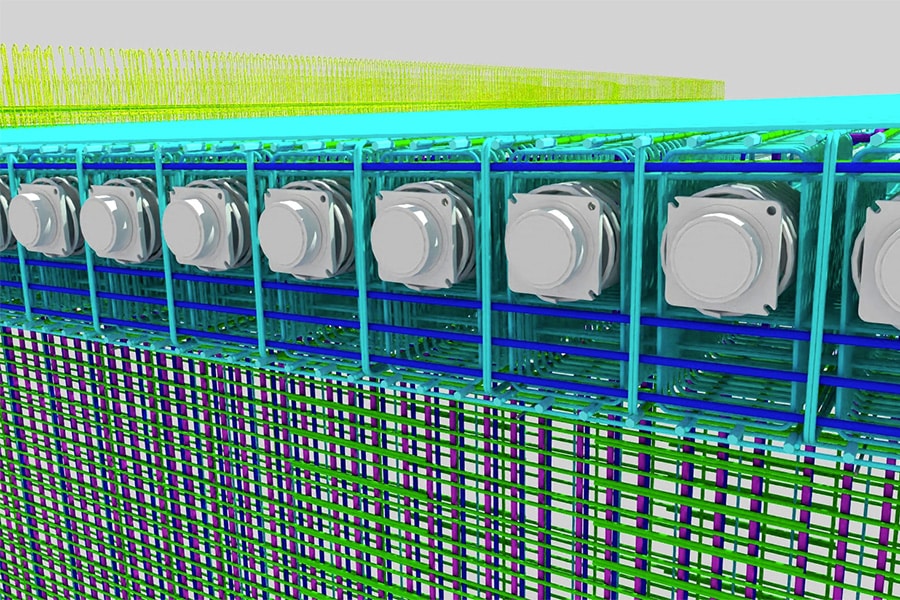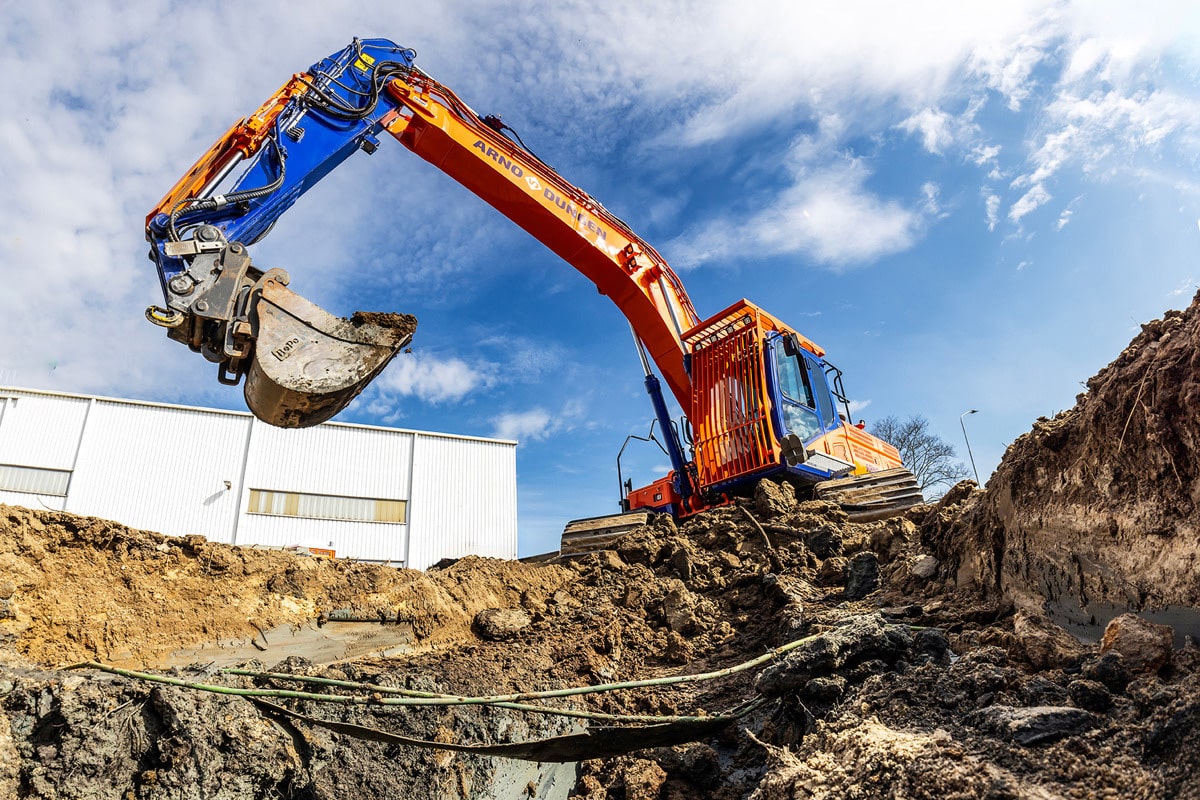
"I have sand and water in my blood."
In this new column "The kei van de GWW," in which we spotlight people who do their work within the sector in a passionate way, the kickoff is given by Ronald Schinagl, general manager at Van Oord Nederland. In addition to this position, Schinagl is also vice president at the Dutch Association of Hydraulic Engineers, a member of Ecoshape's supervisory board and participates in informal strategic consultations at Bouwend Nederland.
"I am proud of what we have achieved with Van Oord Netherlands," he opens the conversation. "We are prominent in the market. Since the end of 2016 I have held the position of managing director, a very great honor." As early as 1986, Schinagl entered the dredging industry. "Sand and water have a huge attraction to me and always have. It's in my blood. That's why at TU Delft I did Civil Engineering, Coastal Hydraulic Engineering. The first years I worked in the Netherlands, later I went international."
Creativity and innovation within the GWW
At the end of 2016, Schinagl picked up the Netherlands business unit at Van Oord. "We have great successes with projects like the A16 Rotterdam, the Afsluitdijk and the ViA15. Appealing, large, multidisciplinary projects. In short, a nice order book with a magnificent piece of infrastructure attached to it. These are complex projects, showing how a good call for tenders can lead to creativity. There is then room for this creativity for the bidders. A good example is the Afsluitdijk, where innovation reigns supreme. 'Drain if you can, pump if you have to' has become a familiar slogan. And look at the creation of the Levvel blocks."
Sustainable coastal maintenance, an issue
In light of the latest innovations Schinagl sees passing within the GWW, he immediately expresses a concern. "There is still not always the right climate to innovate. Yet it is necessary. One of the issues, for example, is how we are going to continue the maintenance of the Dutch coast in a sustainable way. RWS has already indicated in the call for tenders for this that it is open to innovative ideas. It would be nice if we could speed up some of the real 'out of the box' ideas that have been brought up. We are real 'doers,' look at Ecoshape for example. We need pilots so we can test, learn, tackle and implement. There is a danger that we get stuck too long in theoretical processes."
Solution-oriented thinking with an eye on tomorrow
Schinagl outlines the importance of having a package of options ready to respond to the uncertain future regarding sea level rise. "The solutions will have to fit within sustainability perspectives. Spraying sand? Can this be done better within emissions standards? Such questions we have to ask ourselves. There will have to be other, unconventional solutions for the coastline," Schinagl said. "Collaboration is the key word, not only within the sector, but also beyond. Link infrastructures, make use of offshore wind farms. Let's start forming coalitions to get jobs done."
Still, a word about Corona...
"We can't avoid highlighting the situation around Corona anyway. How proud I am of the GWW when I see that we just keep on working. Look at the Houtribdijk project for example, completed in Corona time. The concern I have, however, is that everything is going well now, but we end up with an order book that is too tight. If the industry starts experiencing too much pressure from that, then you run the risk that our professionals will leave the industry, when the task is really not getting any smaller. We have to prevent that."
According to Schinagl, this is not just a money issue. "All industry associations have inventoried in task force with RWS what we need to do to keep the workflow going, that applies to current and future projects. That process is ongoing now, RWS is looking at what can be done and taking into account issues such as PAS, PFAS, nitrogen and organizational constraints." In conclusion, Schinagl says, "It is very important that RWS and the sector have the continuity of the GWW as a strong focal point, really looking to the future. That realization may be prominent in everyone's mind."



